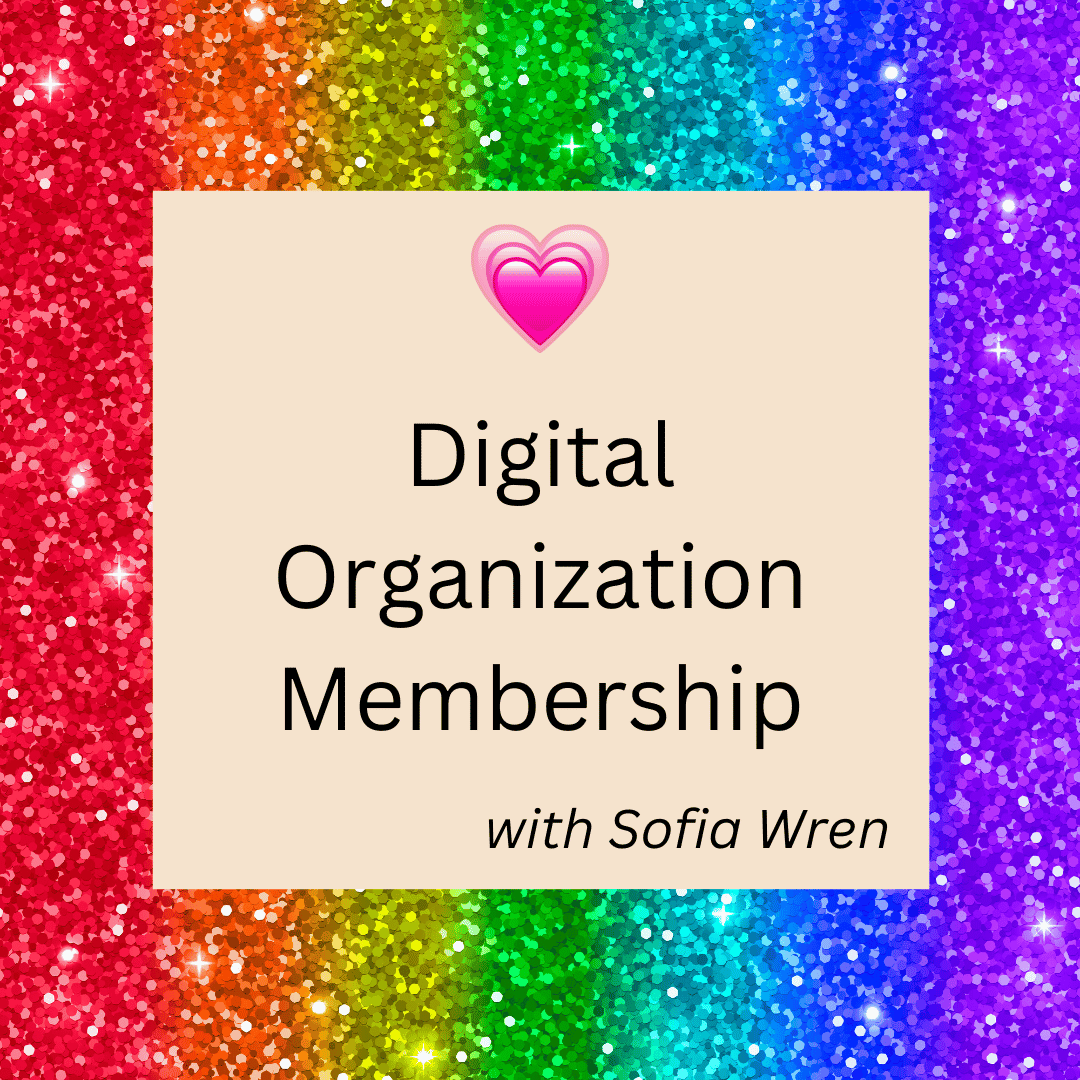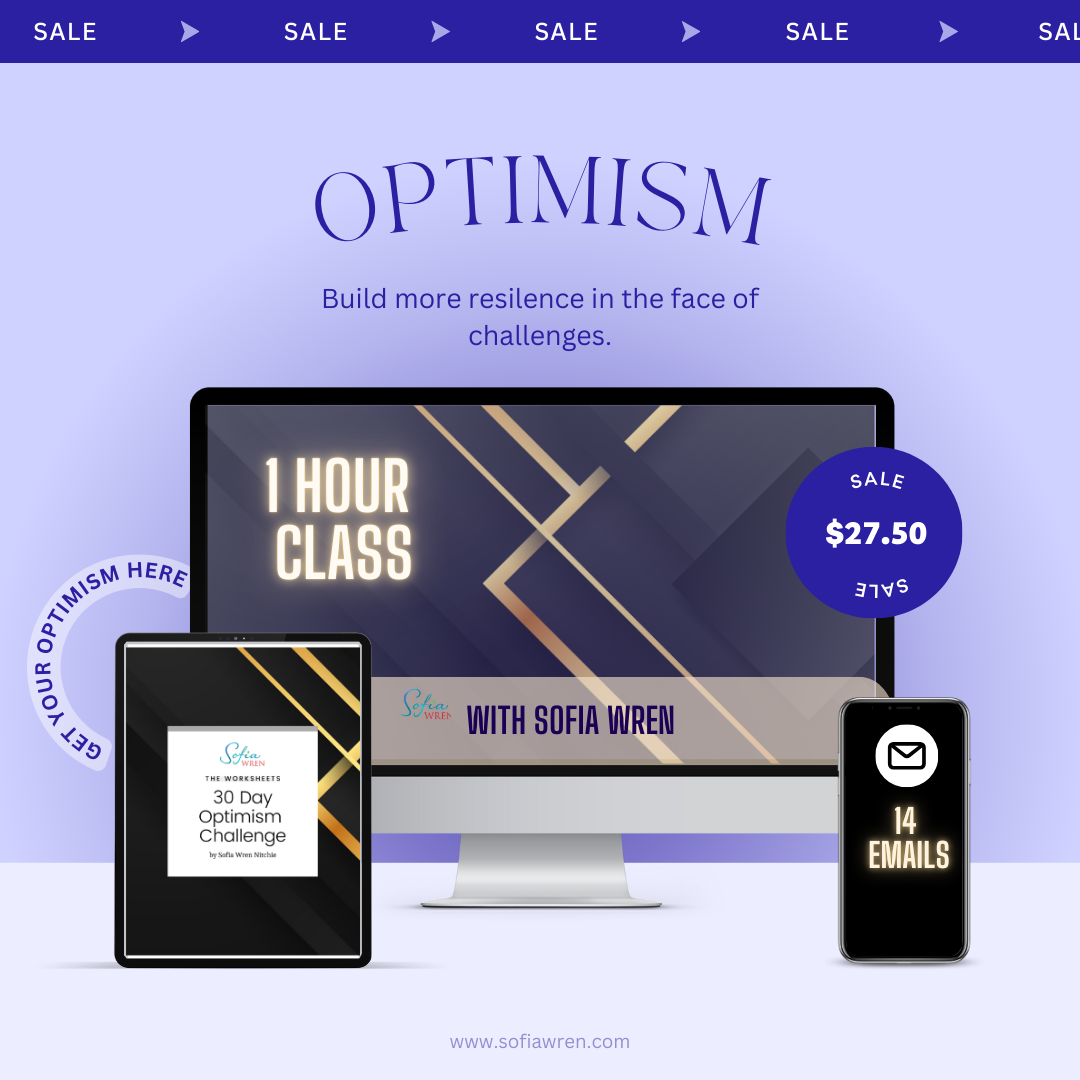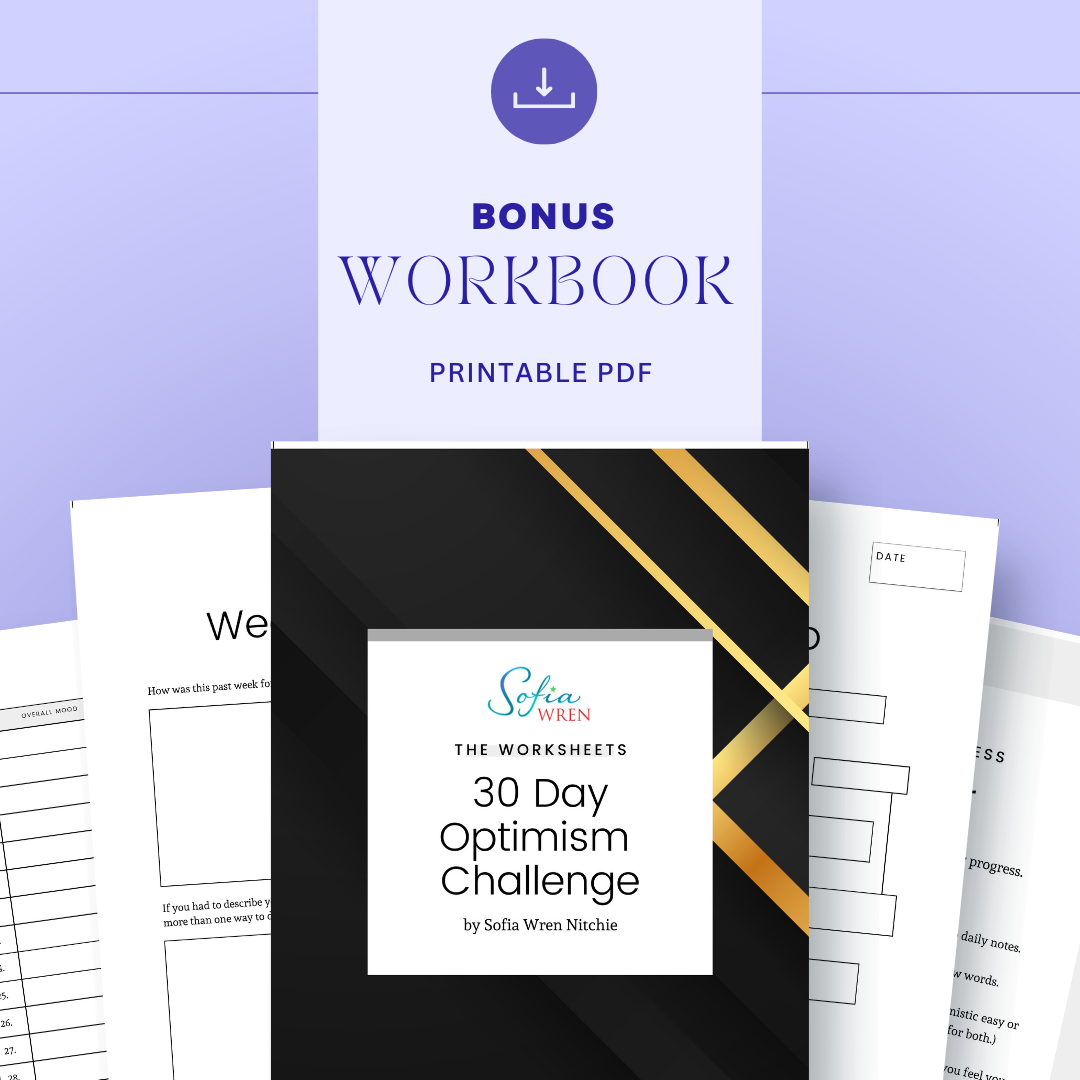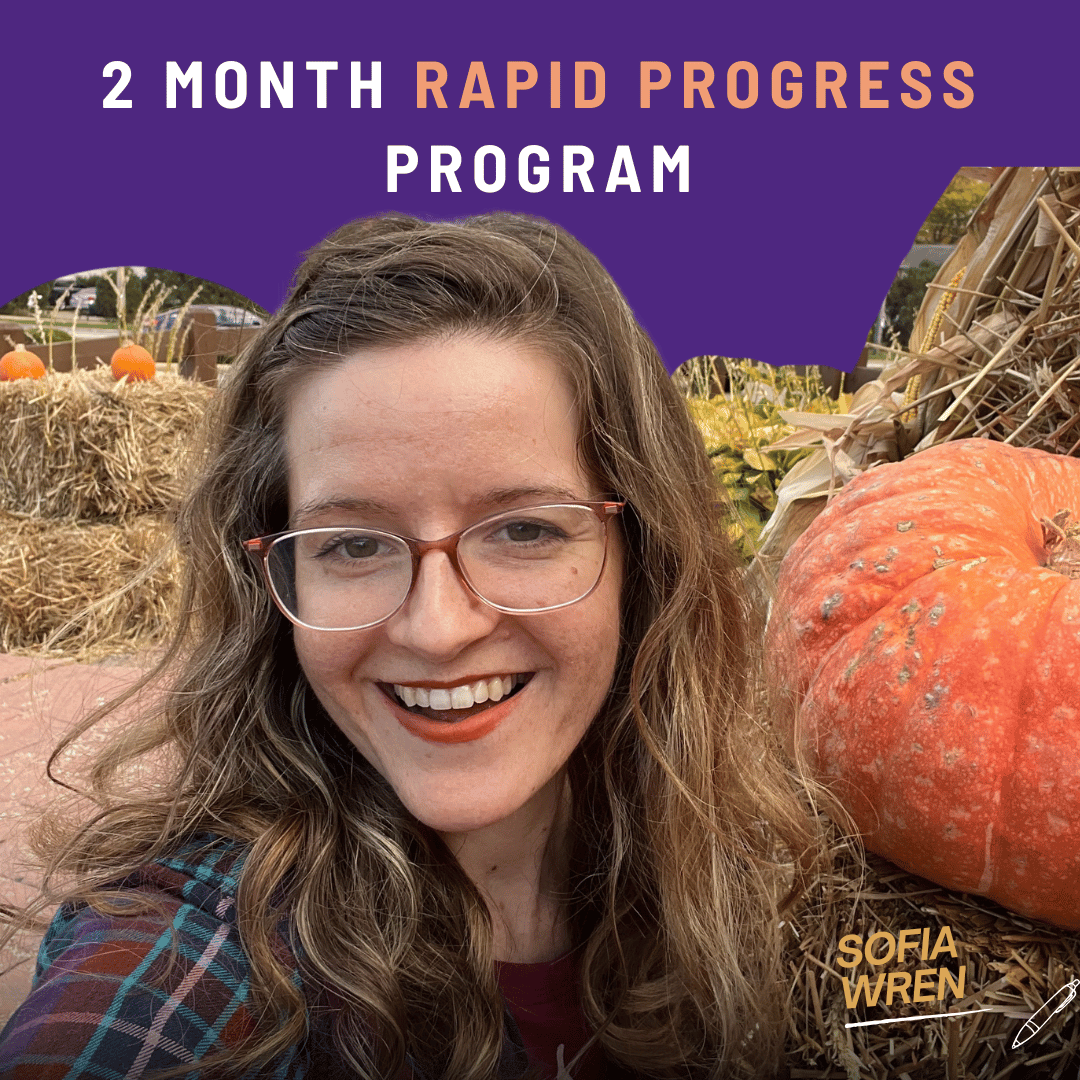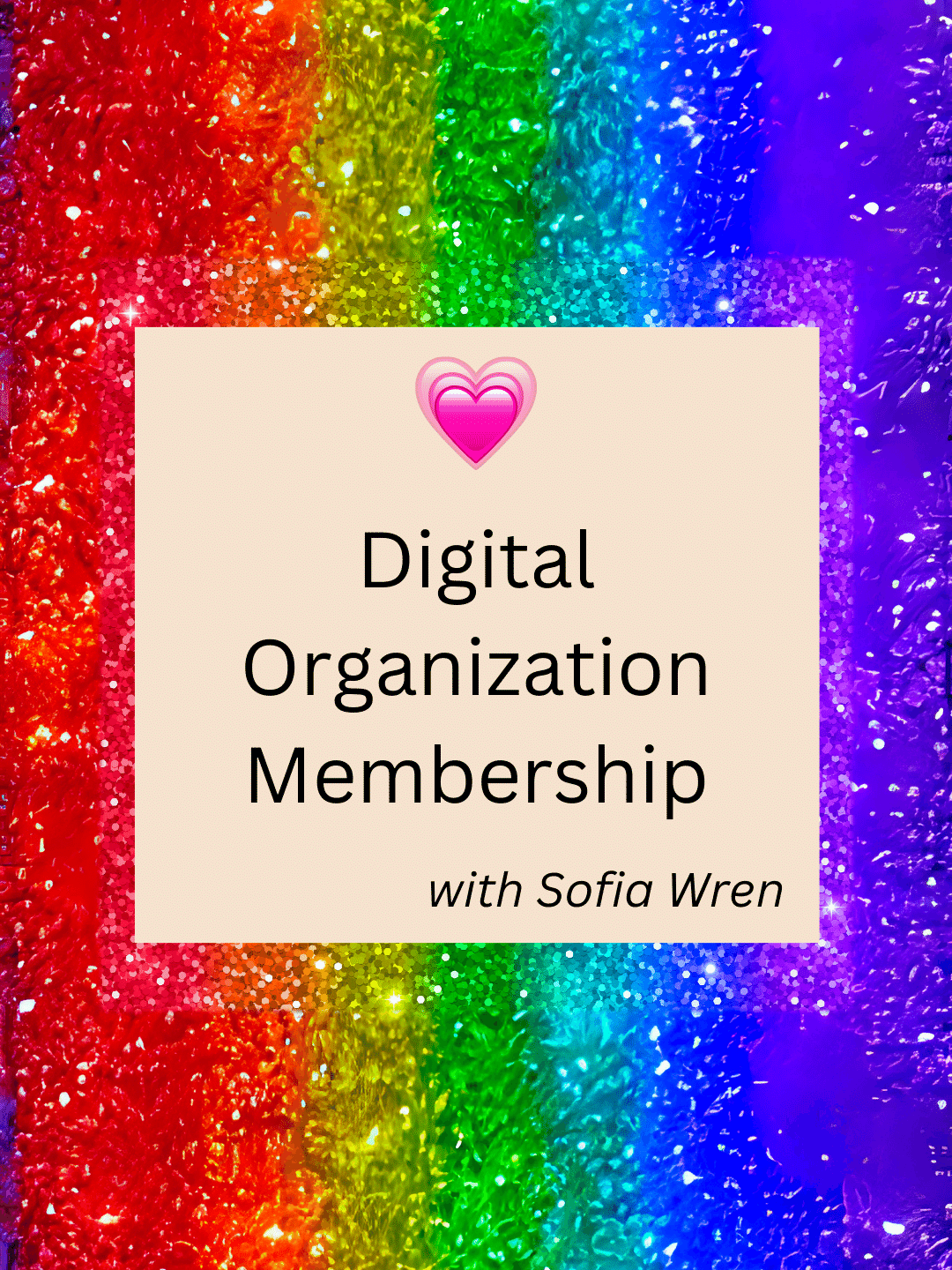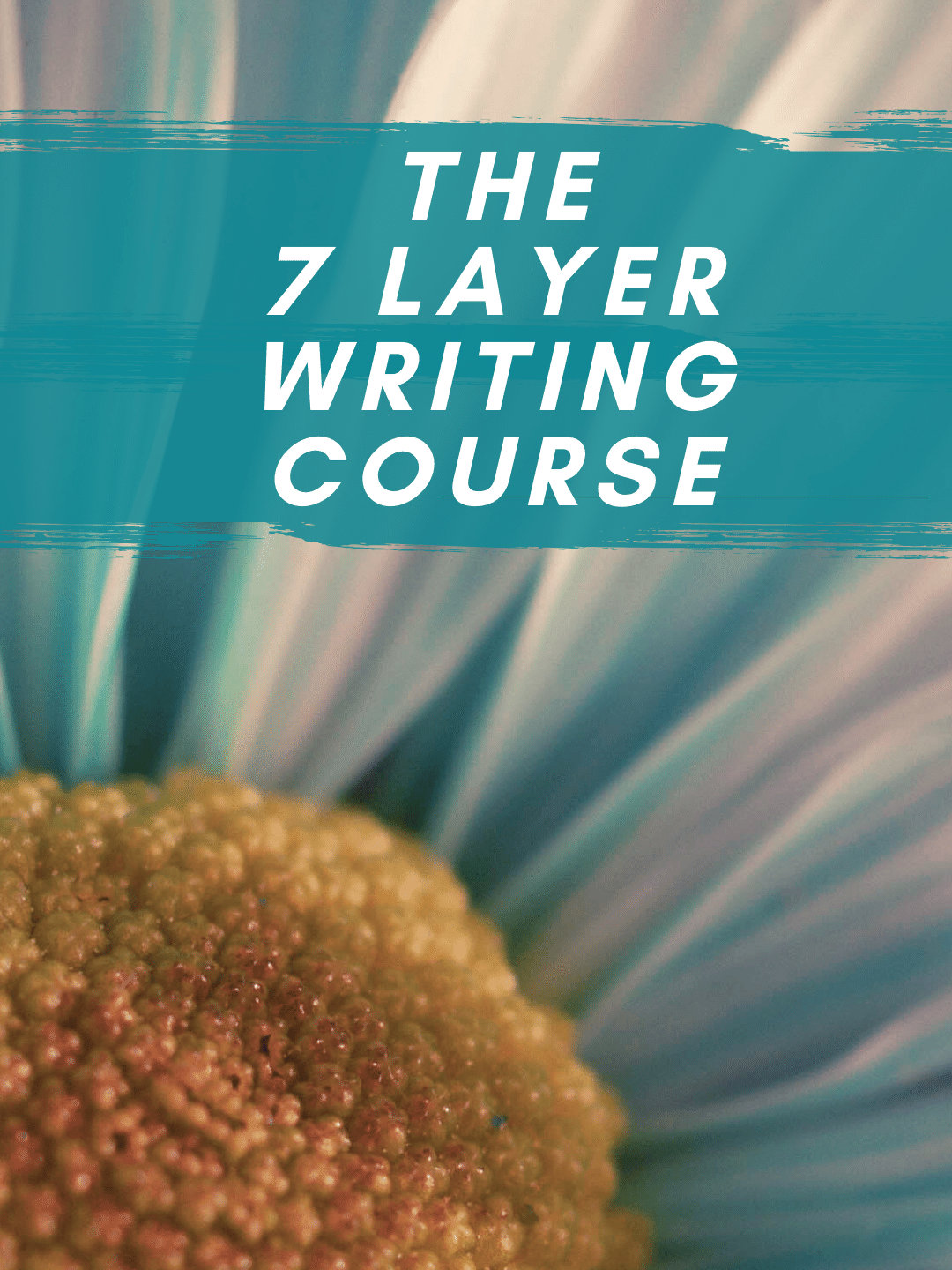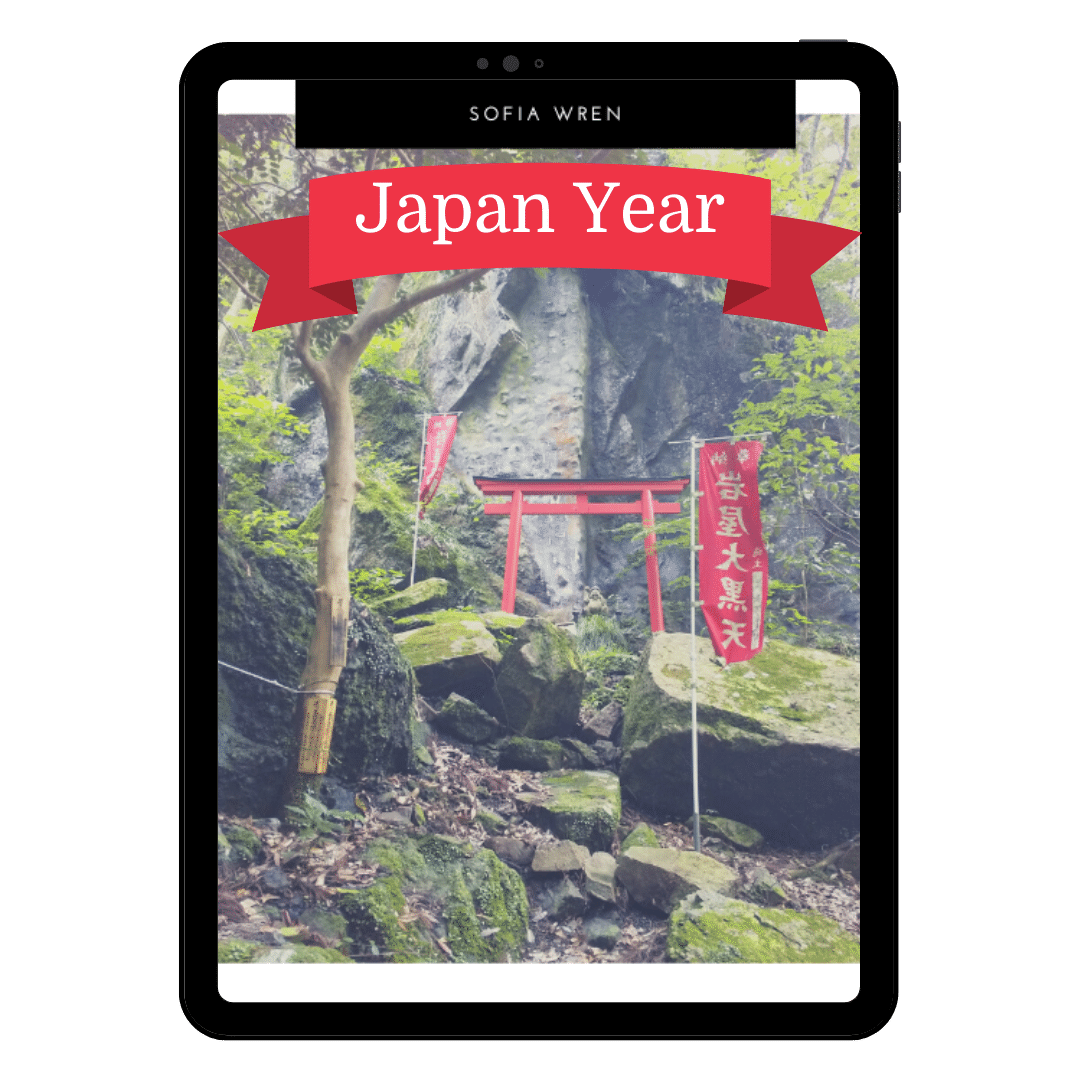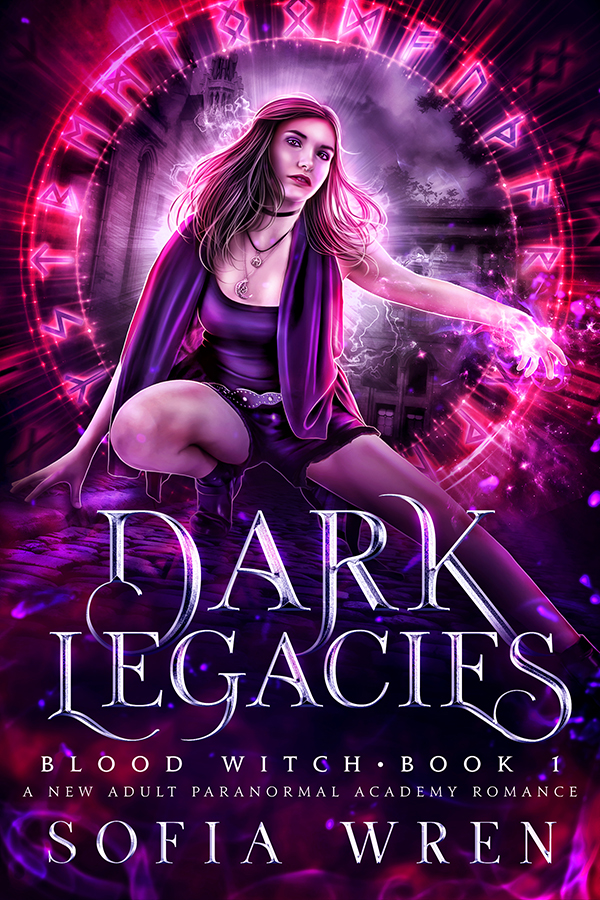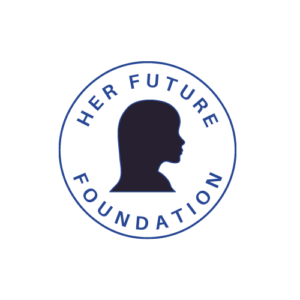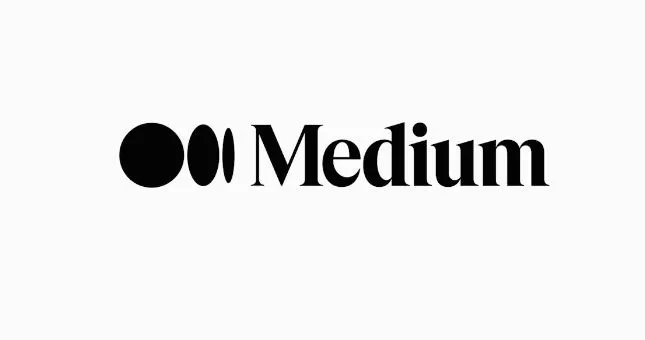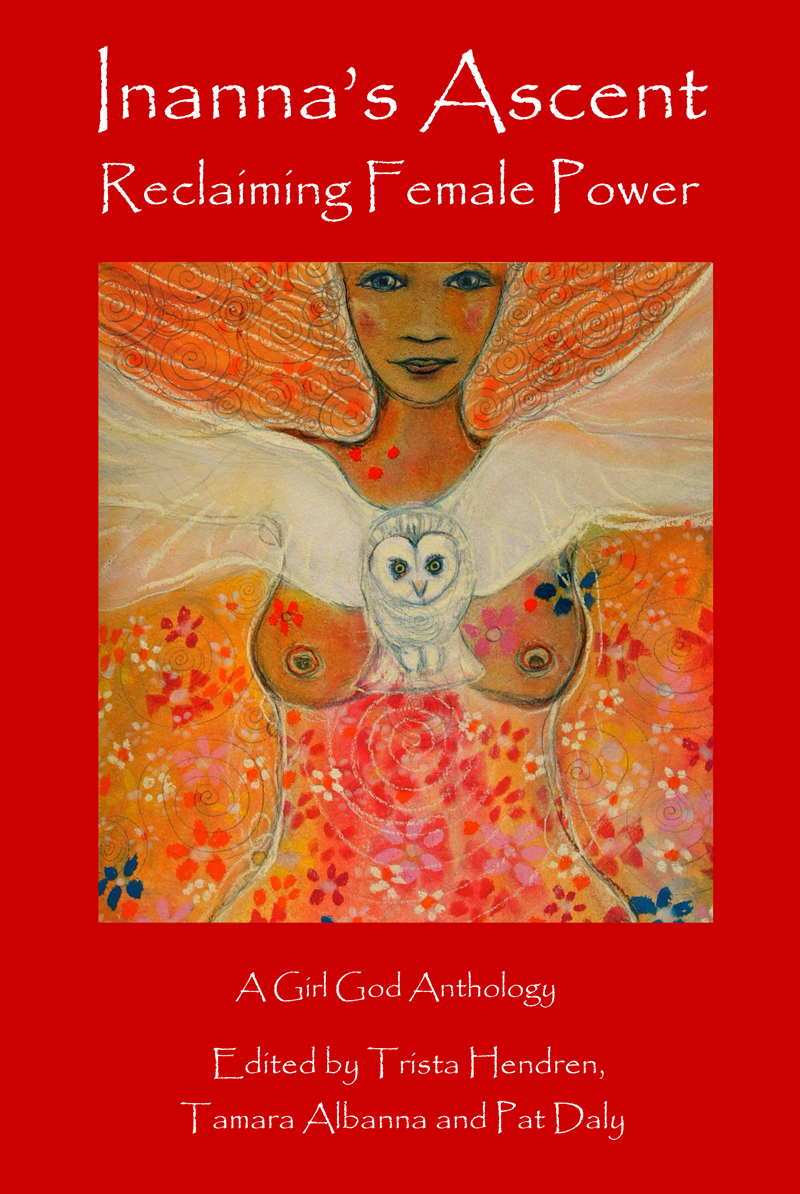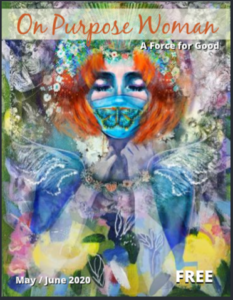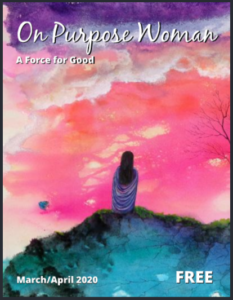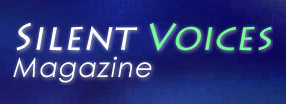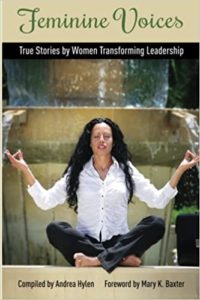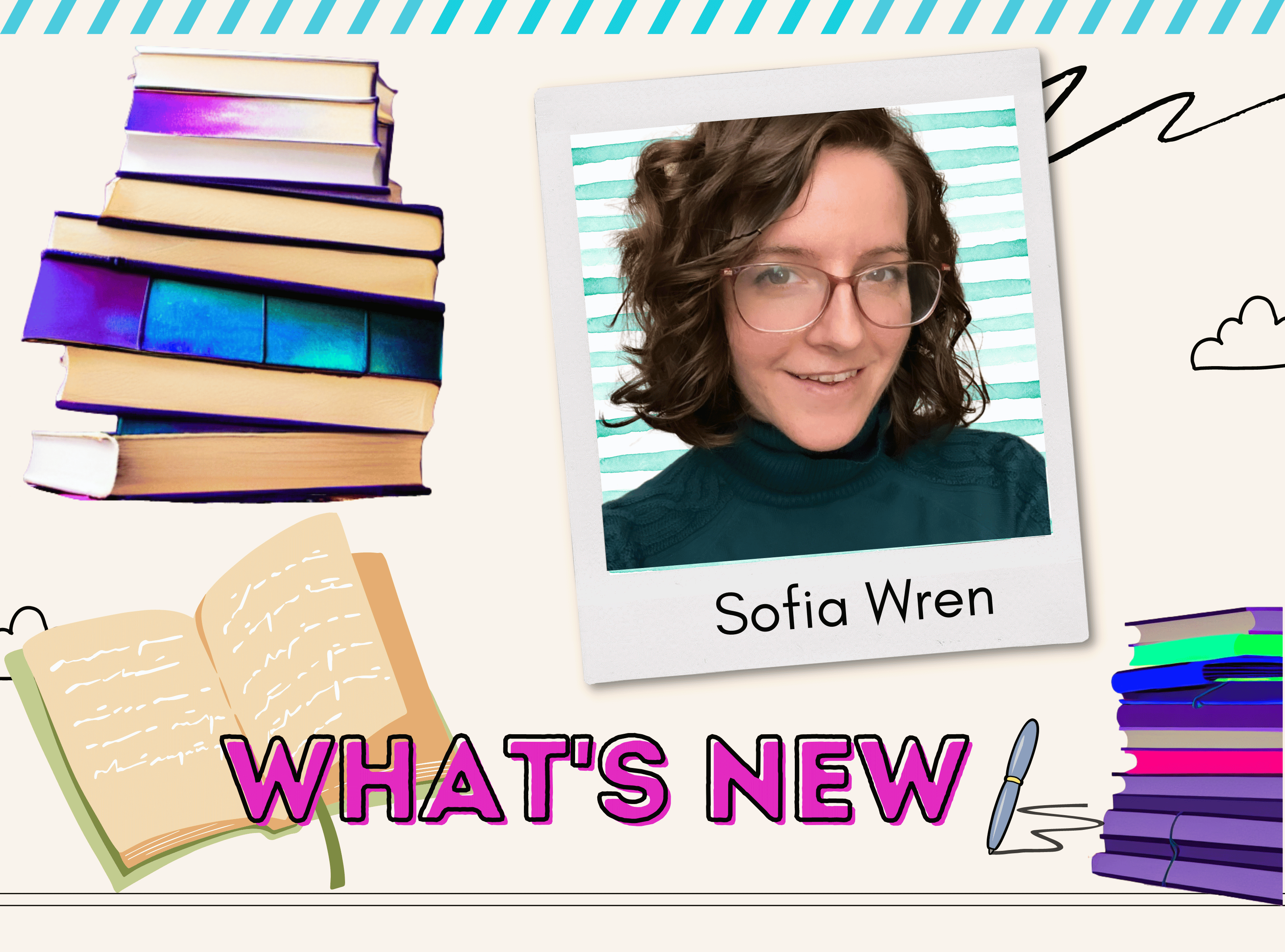
What do John Locke, Virginia Woolf, Oscar Wilde, Leonardo Da Vinci, Thoreau, and Octavia Butler all have in common?
How do you develop thoughts and writings that are so GOOD that they continue to live on after you?
I’ll tell you about the tool they all used…
Hi, happy 4th of July!
How are you?
There’s been a lot of happenings the USA and
if you’re feeling intense, anxious, sad, mad,
anything getting in the way of your writing, work, or mental health
–check out this meditation I created to help you get grounded in a crazy world!
I’ve been experiencing a lot of change for many years, and
I know how upsetting things can be when the future feels uncertain.
But I’m feeling more grounded lately,
more fired up,
more connected to the work that is mine to do,
and I want to tell you how I got there.
This particular kind of meditation is one tool I come back to again and again.
That’s just the beginning of this post…
I share a different, more literary tool with you below.
Before we dive into it,
can I just express my gratitude for DEMOCRACY?
I do love it, and I love America.
Americans can get weird about 4th of July…
Personally, I’ve lived in multiple other countries, and
all of them have their problems!
America can do better, yes, but it also has many things to be proud of.
And let’s hear it for John Locke, one of the names I mentioned above:
Everyone living in a democracy owes a great deal to him.
Who is John Locke?
Here’s an overview from the Standford Encyclopedia of Philosophy
John Locke (1632–1704) is among the most influential political philosophers of the modern period.
“In the Two Treatises of Government, he defended the claim that men are by nature free and equal against claims that God had made all people naturally subject to a monarch.
“He argued that people have rights, such as the right to life, liberty, and property, that have a foundation independent of the laws of any particular society.
“Locke used the claim that men are naturally free and equal as part of the justification for understanding legitimate political government as the result of a social contract where people in the state of nature conditionally transfer some of their rights to the government in order to better ensure the stable, comfortable enjoyment of their lives, liberty, and property.
“Since governments exist by the consent of the people in order to protect the rights of the people and promote the public good, governments that fail to do so can be resisted and replaced with new governments.
“Locke is thus also important for his defense of the right of revolution. Locke also defends the principle of majority rule and the separation of legislative and executive powers.”
Hmmm…does that make you feel empowered?
It does me.
Here are some of his top quotes, he was a really smart guy.
How did he get so smart?
I’ll tell ya. He was a fervent advocate for a particular practice and tool.
I started using the same tool.
I’ve been using it as part of my personal journey to motivate myself,
to get fired up, get out of feeling sluggish and low
so I can do hard things I want to do.
Quick Recap:
If you missed it, I’ve been sharing recently about my motivation journey:
- First in late May, I was struggling to feel motivated, and instead feeling sluggish or low
Things rapidly changed after that.
- By two weeks later in mid-June, I learned that I need to work on motivating MYSELF with inspiring resources every single day. To feed myself motivation instead of expecting it to appear.
You can catch up on what I wrote about those with the links above.
But the point is that I realized that, while feeling my feelings is important, I also need to GUIDE my feelings in the direction I want to go.
I want to be fired up more often…
so I decided to expose myself intentionally to my past writings, books, ideas, etc. that get me fired up.
Daily.
Before I might have bumped into a quote casually, now it is a point of concerted focus.
Instead of stumbling on my inspirational words accidentally, I’ve made it a science.
Since then, I have been CHURNING over certain ideas, pieces of writing, topics to self-motivate.
It’s been over a month since I started working on this intention and…
I AM LOVING IT.
With my daily practice of reading, reviewing and engaging, what I call, my “Get Fired Up” resources,
I am coming to understand why John Locke says…
“Reading furnishes the mind only with materials of knowledge;
it is thinking that makes what we read ours.”
My new daily practice is making me think more DEEPLY.
Plus it’s amplifying the feeling that I WANT to have, so I don’t remain in my daily default.
And it’s empowering me so I put conviction and action behind my ideas.
Sometimes I feel crappy or low or unable to face the hard things on my todo list when I wake up, and I just don’t want to feel that way any longer.
I LIKE feeling fired up and inspired and ready to tackle the things I need to do.
I’m starting to feel more powerful in my ability
to create my desired feeling of being motivated and fired up, and
it’s helping my mental health.
I feel more powerful and less powerless.
I feel less anxiety and more self trust.
I’m getting shit done and changing things.
So what does this practice look like?
I use a mix of digital technology and old fashioned tools.
That might surprise you to combine both because I am obsessed with digital organization technology.
I started with just a digital database of all the inspiring quotes, and notes that help me to feel FIRED UP each day.
In the beginning, I started collecting all these powerful words only on my computer.
My goal was to log into this database in the A.M. and reread some of this inspirational stuff daily.
But I CHANGED MY MIND
Why? The thing is that I struggle with social media addiction!
Doing things on my computer or phone first thing in the A.M. is so dangerous.
I can end up on social media so easily and often I end up either low or anxious.
Wasting so much time.
So I decided that if I wanted to look at something in the morning, I needed to get it off my phone, and off my computer.
I needed a paper copy!
And I have to say, the combination is exactly what I needed.
DIGITAL + PAPER = FUN
I hooked up my printer and began printing out curated selections of this inspiration material I had collected on my computer a few pages at a time.
I still keep a digital log of all text, don’t get me wrong.
But the paper really adds something.
But it feels so good to have a stack of printed reading waiting for me,
laid on my desk for the morning,
all the very best inspiration picked out for me every day.
I put the pages in a notebook which I aim to open and look at daily.
To read something, anything that speaks to me out of the pile.
I highlight it and add my notes by hand.
And then I write things that end up being so profound that I type them back into the digital database I have, which I often print off, and so on.
It’s like a cycle.
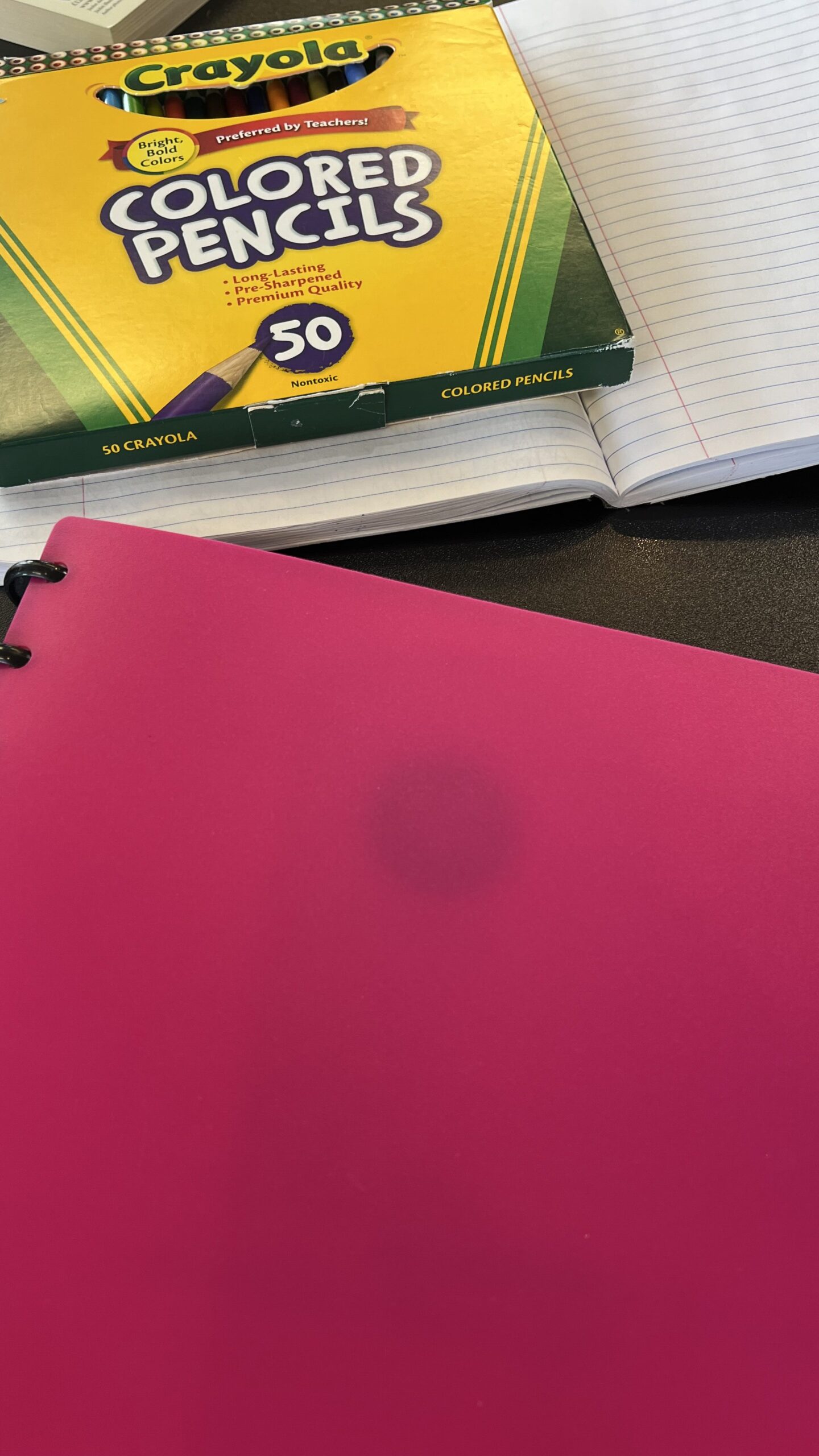
It’s a ring bound notebook so I can rearrange, replace, and add pages.
(Like a 3 ring binder but with no risk of pinching!)
It’s a beautiful mix of low tech and high tech.
AND IT IS DELIGHTFUL.
Guess what this tool is called…
Nope, it’s not just any kind of notebook.
It’s a commonplace book!
Which is part of a very long literary tradition, shared by (you guessed it!)
John Locke, Virginia Woolf, Oscar Wilde, Leonardo Da Vinci, Thoreau, Octavia Butler and so many more.
What is a common place book?
This is a form of collecting material together: information, quotes, or other passages, like your own encyclopedia.
It can be stark with just facts or quotes, or you can include your thoughts.
Historically people would reread it, add notes, and even rearrange the material in different notebooks.
It moved around.
You make one common place for things that were previously scattered all over the place.
To commonplace is a verb. The act of bringing selections together is called “commonplacing.”
They can be really general covering all topics, or specific like my Get Fired notebook for motivation.
They can be paper, like my notebook, or digital, just like my digital database.
Are you as fascinated by this topic as I am?
Do you want to hear how great thinkers and writers organized their thoughts, taking them to the next level?
Learn more about commonplace books in this podcast with Andrea Hylen:
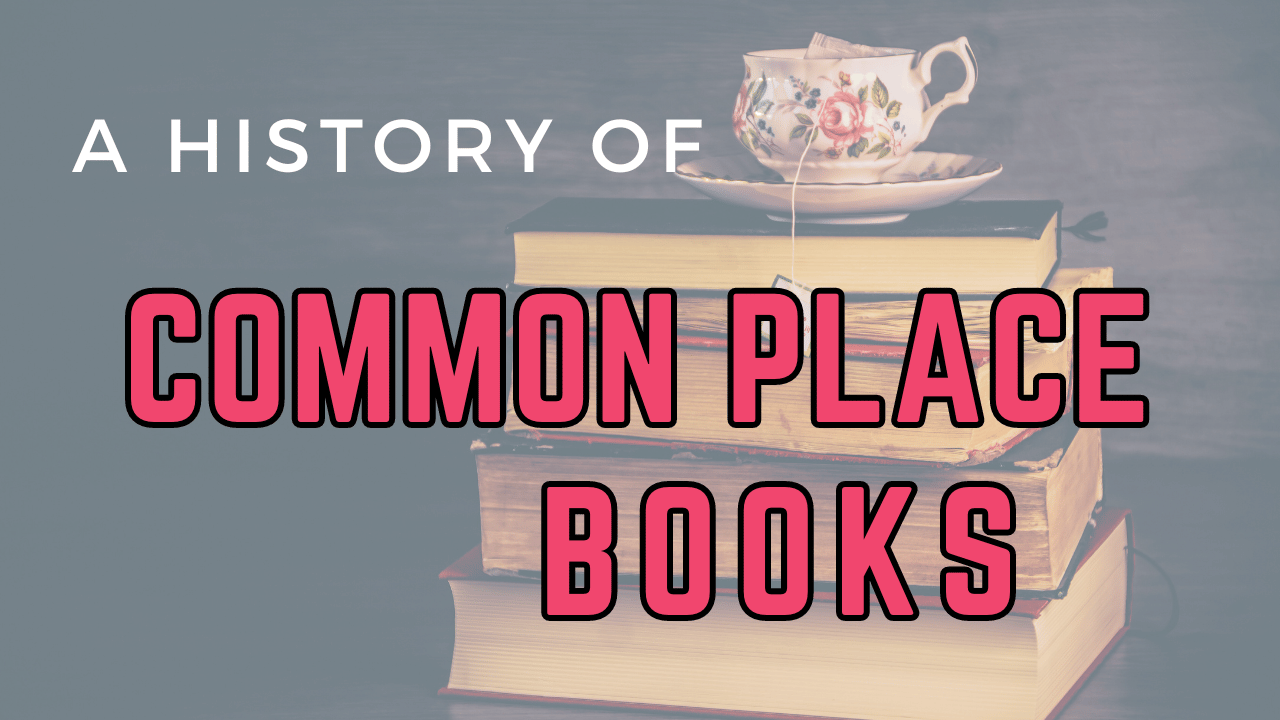
OR CLICK BELOW TO LISTEN!
– Podbean:
https://mcdn.podbean.com/mf/web/tsrz3ccu8gkvmmug/GMT20240624-154604_Recording.mp3
-Spotify:
https://open.spotify.com/episode/1lKoSeemOOjRVLNBvDImgn?si=0076414fbbeb4d4a
~~~~~~~~~~~~
Let me know if you have any questions or curiosities about my “Get Fired Up” practice & commonplace book.
I’m really passionate about it and happy to share more.
By the way if you want to learn more about the free program I use for my digital common place book
–the digital database I use for journals, messy ideas, quotes, class notes…
the program I use is called Obsidian.
I’m teaching how to use it all summer in the Digital Organization Club.
Here’s a peak of what it looks like!
I set it up to be purple because I like color.
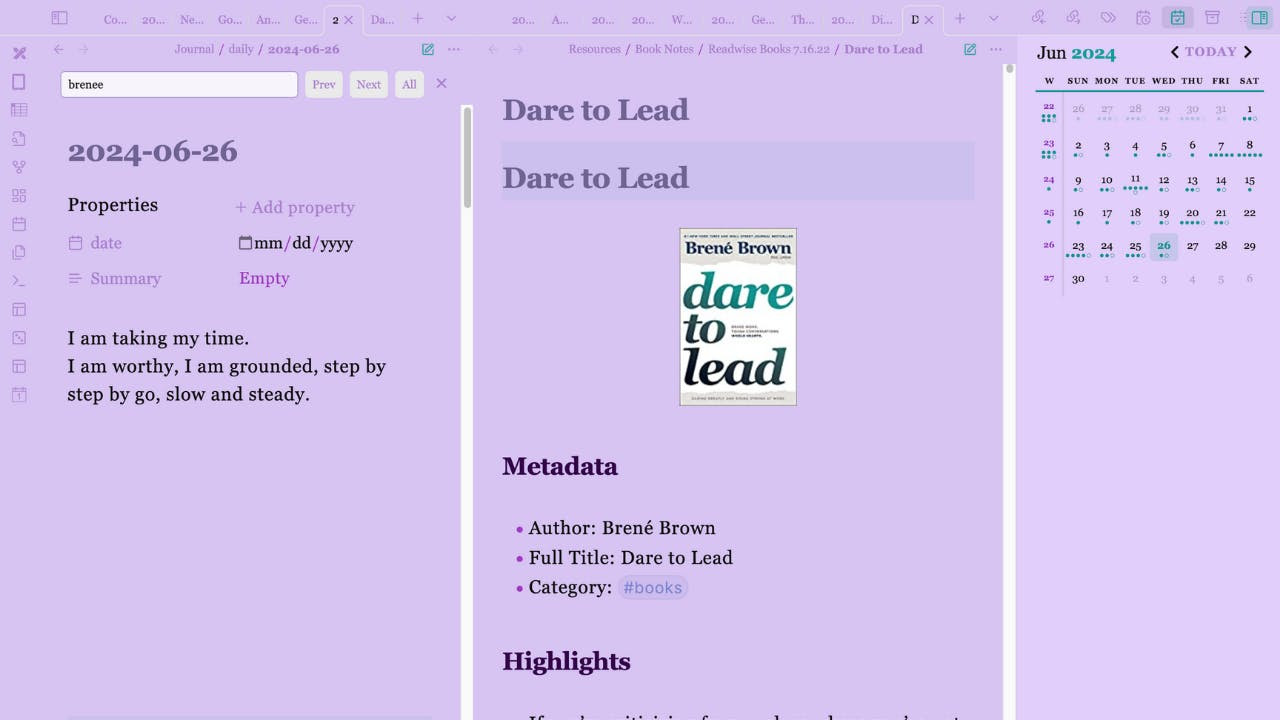
>>And yes! I am pulling out some Brenee Brown quotes (pictured above) to inspire me these days!
Talking about shame, vulnerability, curiosity, open-heartedness, belonging and creativity….
Yes, Please!
That’s it for this week’s FunLetter!
Ready to find your ideas more easily?
Are they getting lost in documents, notebooks and other places?
Find peace and calm through digital organizing!
Your ideas could spur your next:
-life change.
-great idea for your business.
-article, email, book, or post.
Learn how to always find your ideas (because they are organized), and turn them into something GOLD!
It is not too late to join us!
We still have 4 live sessions this summer and virtual support available.
ALL BONUSES + REPLAYS FOR PREVIOUS CLASSES ARE AVAILABLE ON SIGN UP!
Where do I sign up or read more? Click here


